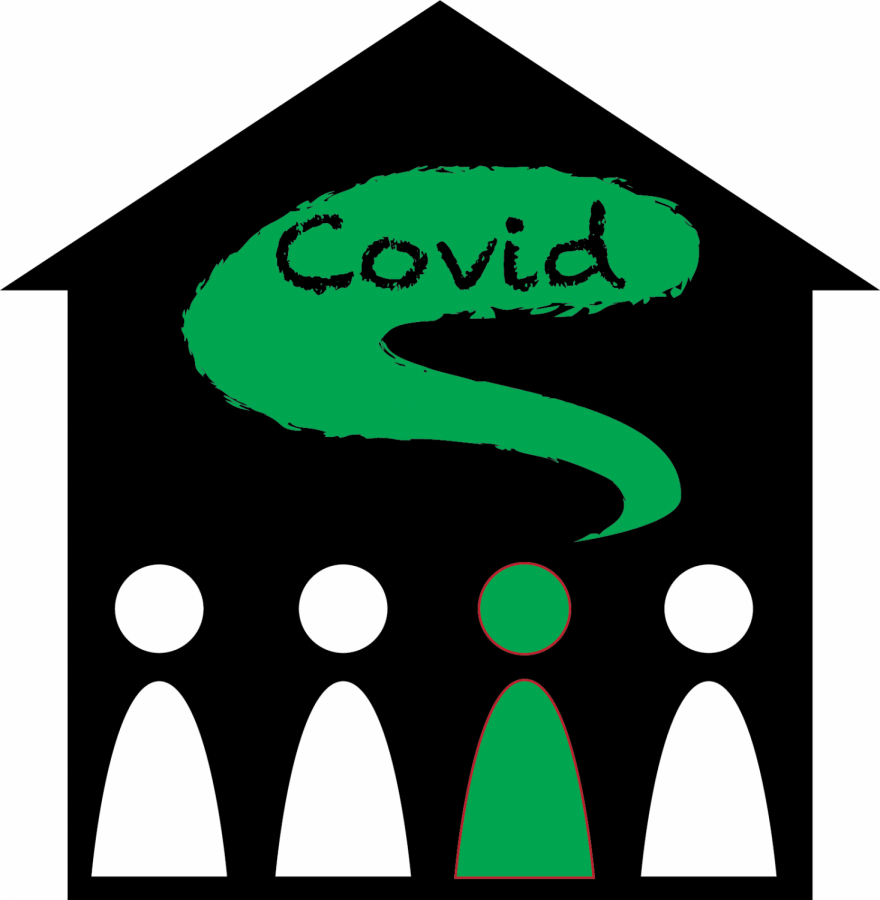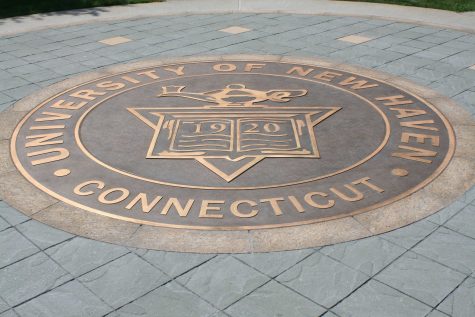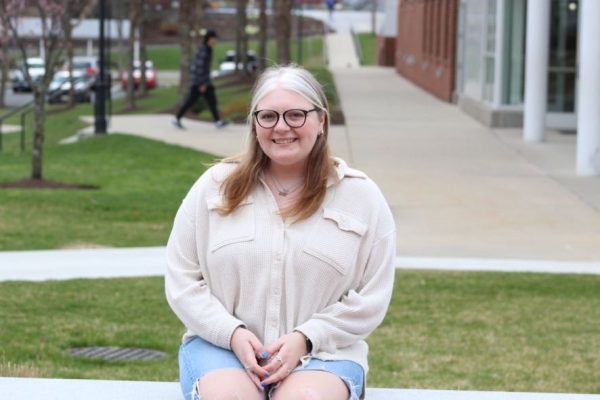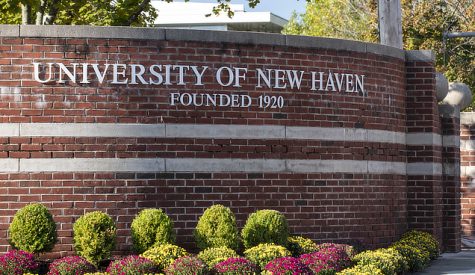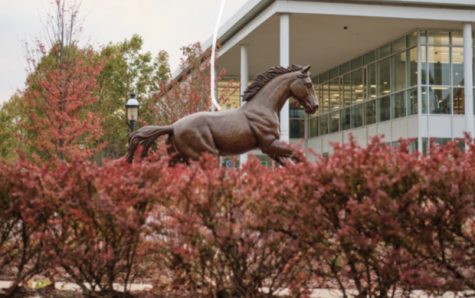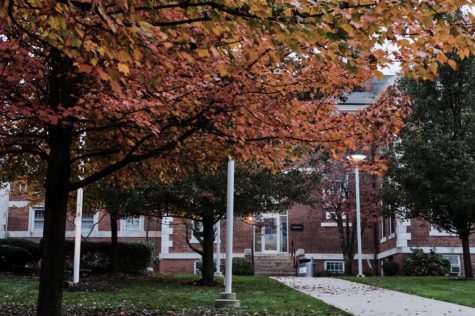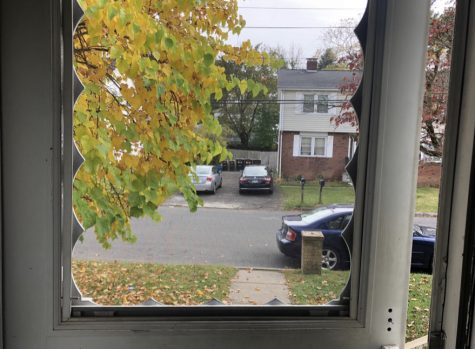The new COVID-19 policies: As effective as we allow them to be
On Aug. 14, the University of New Haven gave students their first taste of “Campus Life Reimagined” in an email from the COVID-19 task force. The email included an addendum to the student handbook of COVID-19 student directives.
Students had been awaiting the rollout of these guidelines as other universities in the area and around the country had already provided their students with policies and expectations. Among the new directives are changes to the guest policy and COVID-19 testing expectations.
The university – similar to neighboring schools Yale University and Southern Connecticut State University (SCSU) – derived a testing plan for students before moving to campus and while school is in session.
Where SCSU required students from CT designated ‘green’ states to show proof of a negative test within 14 days of their move-in date, U New Haven’s guidelines specified that all students required a negative test within 5 days of moving to campus, demonstrating stricter guidelines than the State of Connecticut requires.
Conversely, the university’s asymptomatic testing policies are comparatively laxer than those at Yale University. Depending on the student’s status and the density of their residential area, Yale students are required to be tested one to two times per week. The University of New Haven, currently partnered with Yale Medical, is randomly selecting 5% of the campus population to be tested weekly and all students must report their symptoms, or lack thereof, daily.
The university’s testing guidelines seem to be moderate in comparison to other Connecticut universities, but this is not the case for guest policy restrictions. Sacred Heart University, Yale University, SCSU, and Quinnipiac University all allow guests – from their respective universities – in residential areas within the university in various capacities. This is unlike U New Haven, which now prohibits all guests from entering ‘family unit’ spaces.
Dining services also have been reimagined, many classes are partially or completely online, and traditional campus events such as Homecoming may be abridged or canceled altogether.
For students who knew university life pre-COVID-19, such policies disrupt what has been known as ‘the college experience,’ and I have found myself wondering if my peers would be willing to follow the guidelines, or if they would deem our return to campus worth the lifestyle change.
As classes start around the country, the most popular conversation starter is the question: “So how long do you think we will last?” Asked by most students, faculty, and staff; the question still stands.
Some universities have received their answer. An Insider article from Aug. said the University of North Carolina at Chapel Hill and Michigan State University are two among other schools that have switched all classes to an online format. Iowa State University, University of Kentucky, and Colorado College all have more than 100 students in COVID-19 related quarantine but have not changed class format or residential status.
Students at New Haven received a partial answer from dean of students, Ophelie Rowe-Allen. In her introductory email to the University on Aug. 28 she said, “We will not be immune to having positive cases on campus; however, you can take steps to avoid a large outbreak.”
Rowe-Allen explained what everyone who returned to campus knew, ultimately the decision is up to us. If we follow the guidelines set out for use by the State of Connecticut and University alike, then we will be able to finish the semester. The policies can only be effective if students adhere to them.
According to the university’s COVID-19 dashboard, as of Aug. 30, one residential student and two off-campus/commuter students have tested positive.
When I compare how our students are responding to policy and our current test results to the growing list of universities, nationwide, who are being sent home mere weeks into their start of term, I am optimistic that we can last.

Isabelle Hajek is a senior at the University of New Haven majoring in psychology with a concentration in forensics and a double minor in criminal justice...

